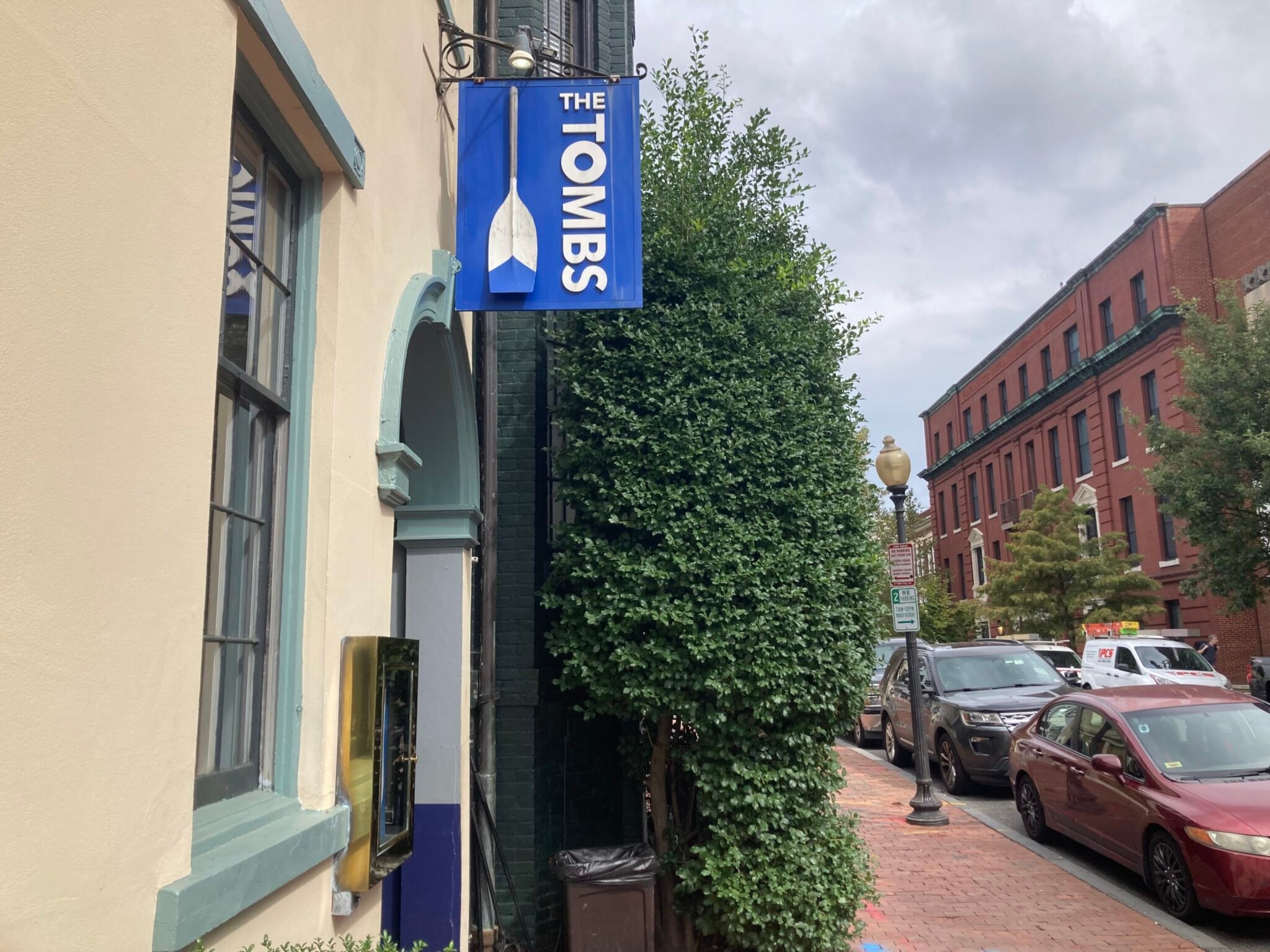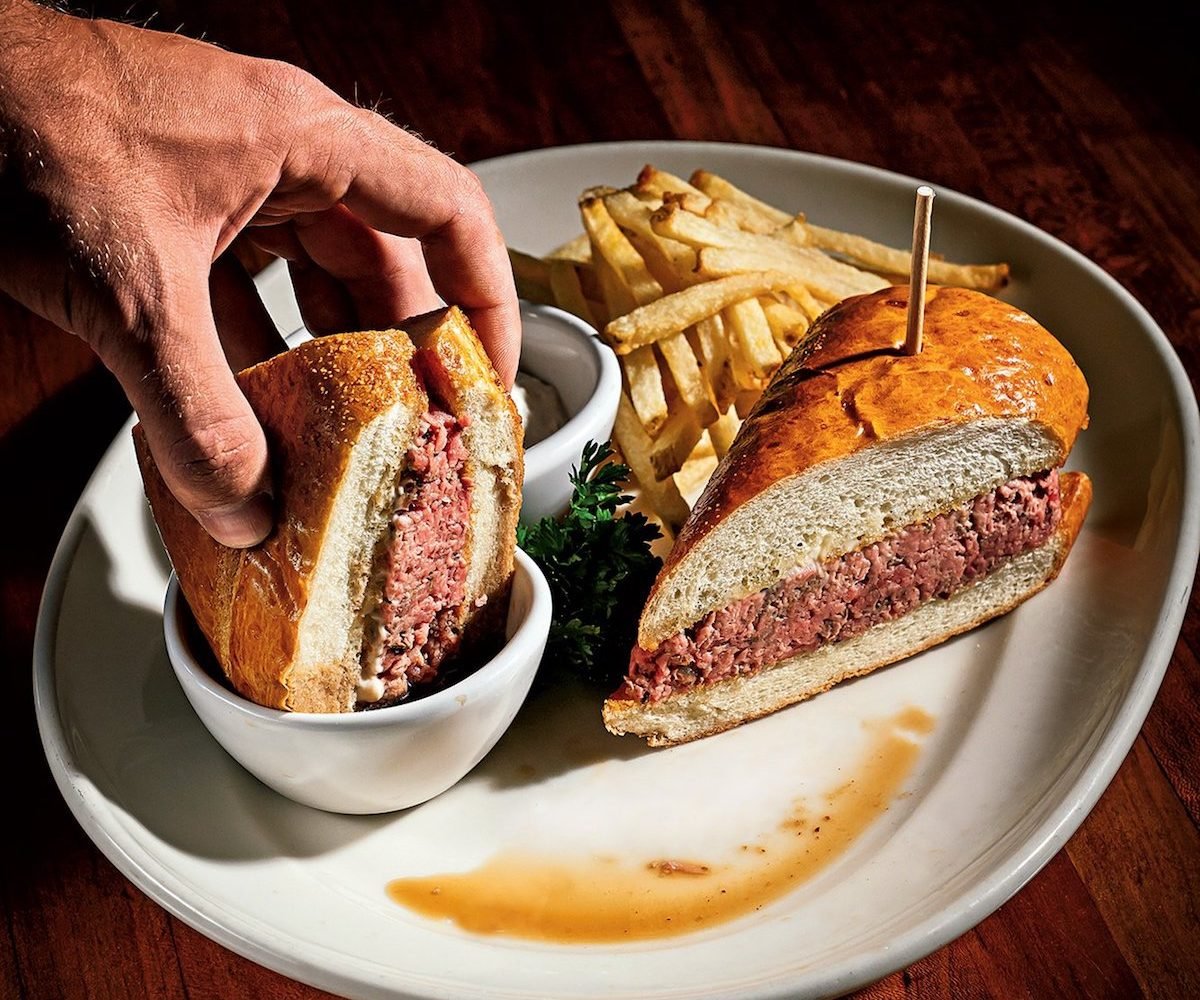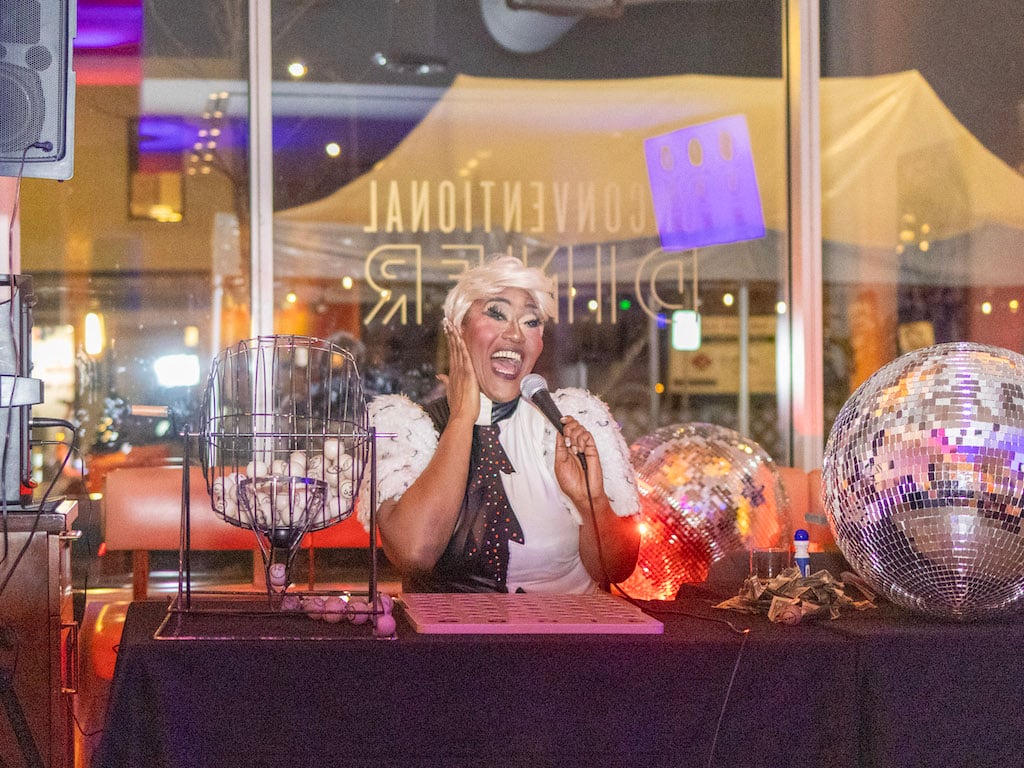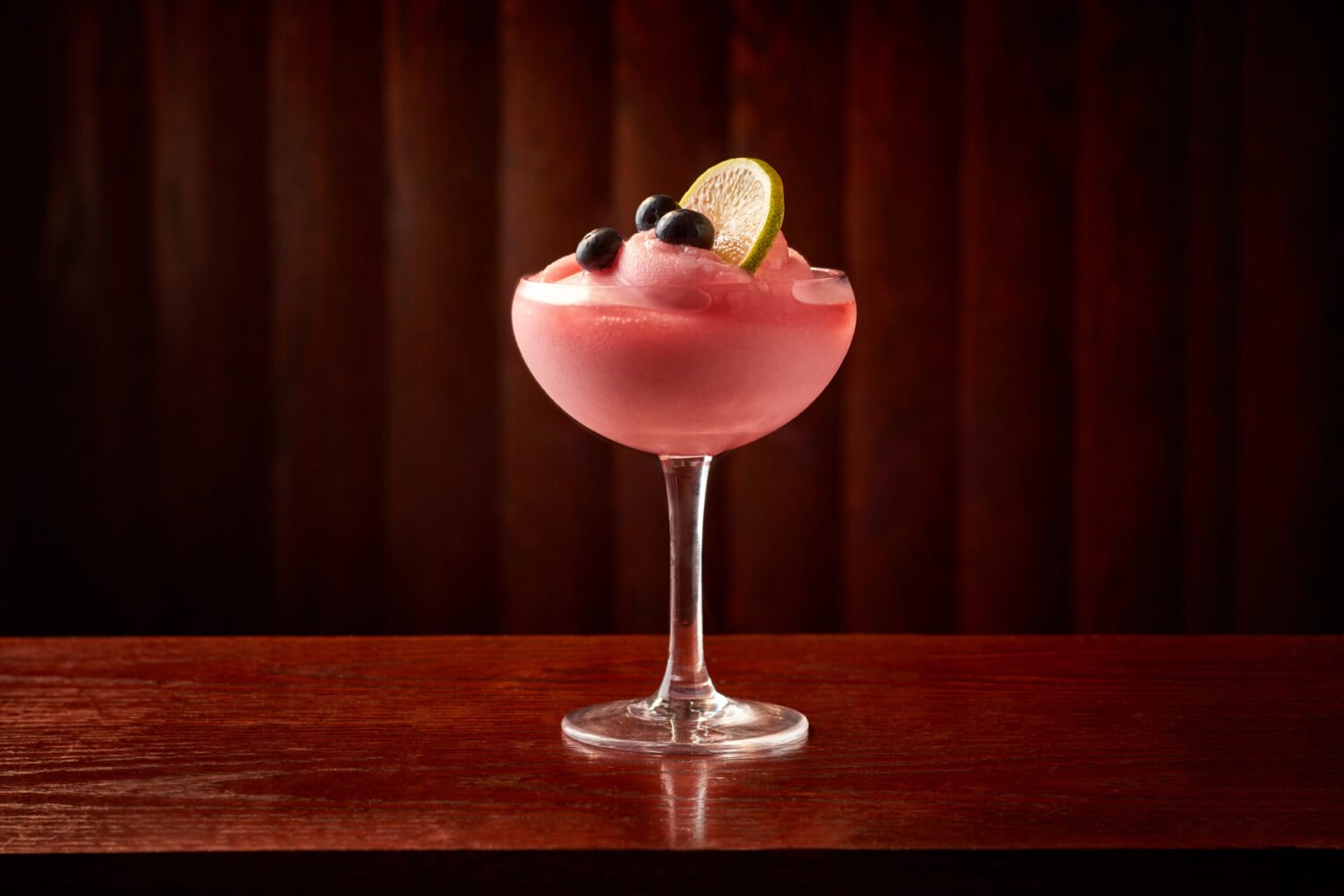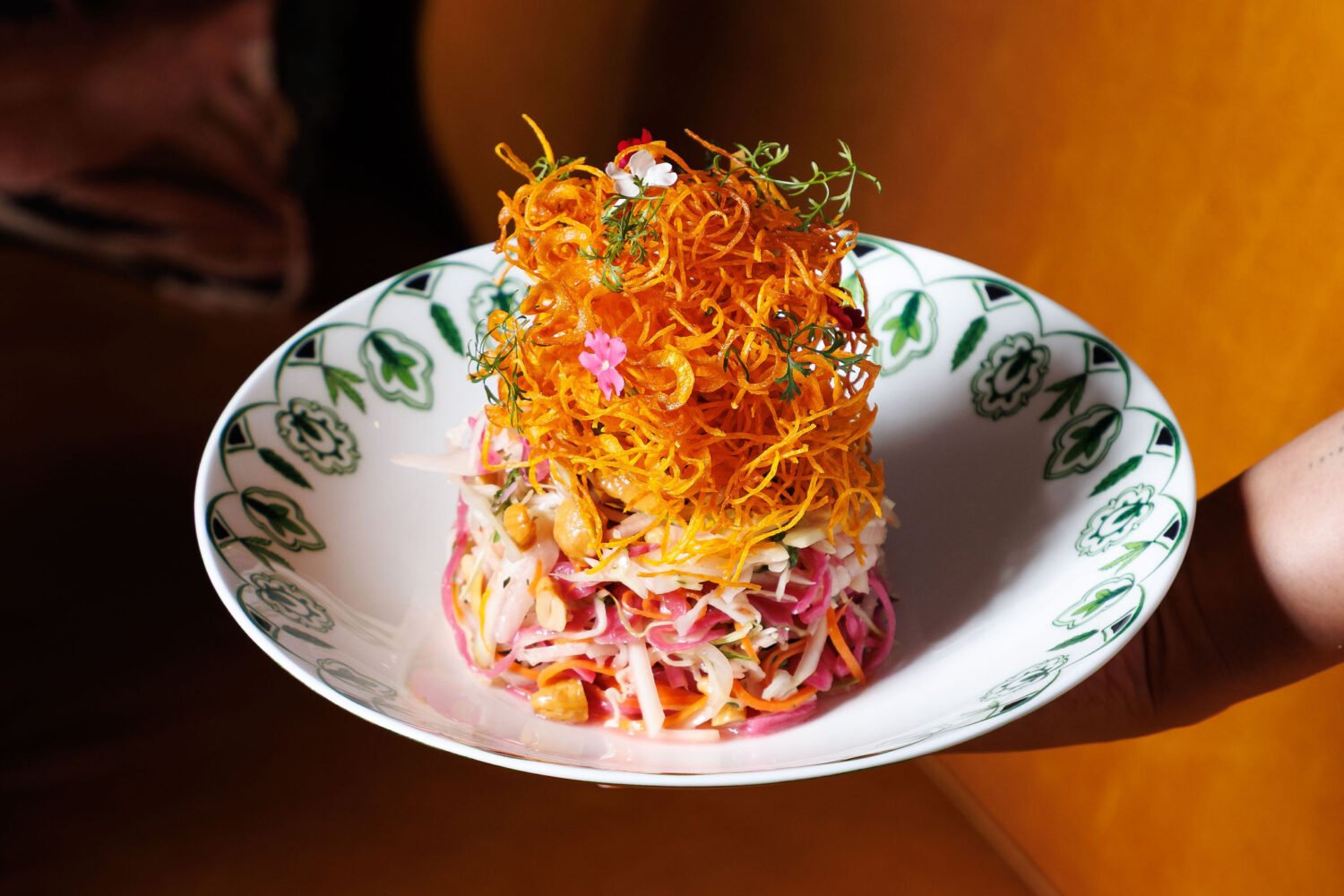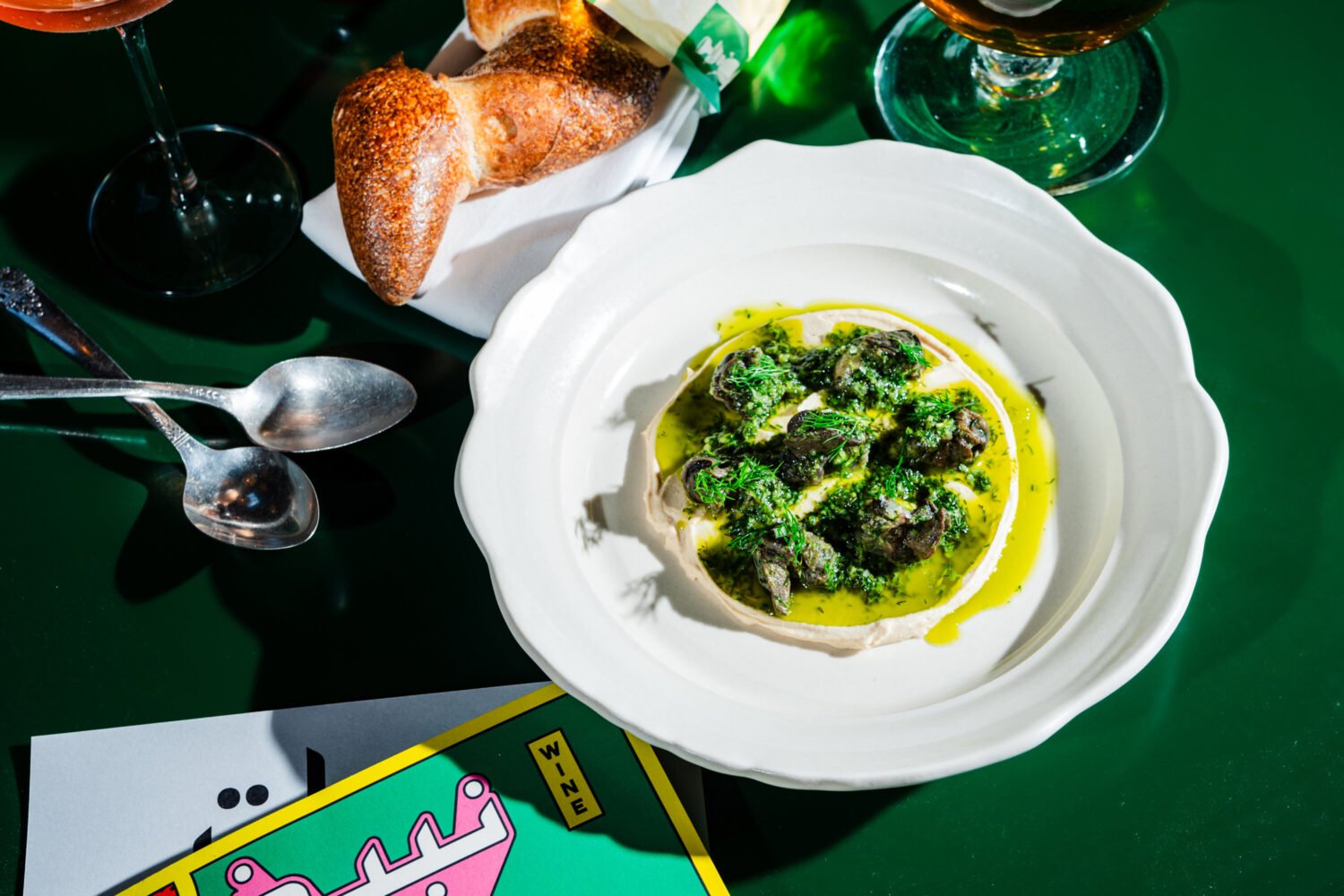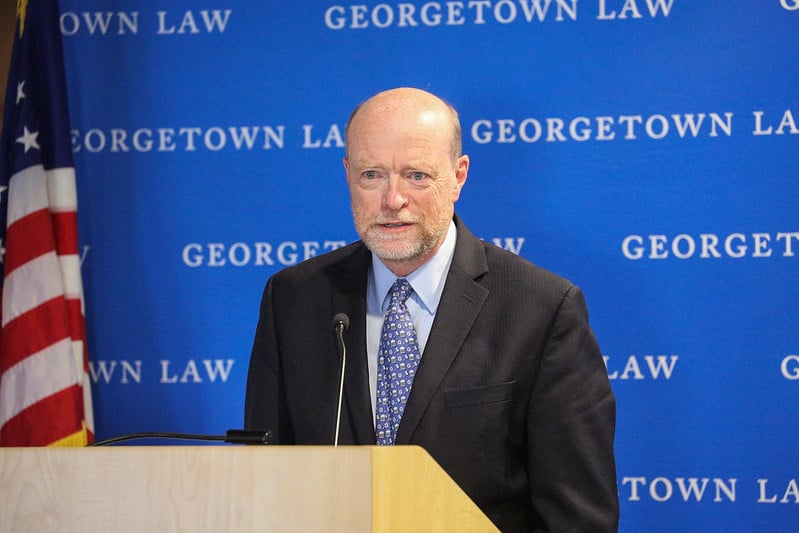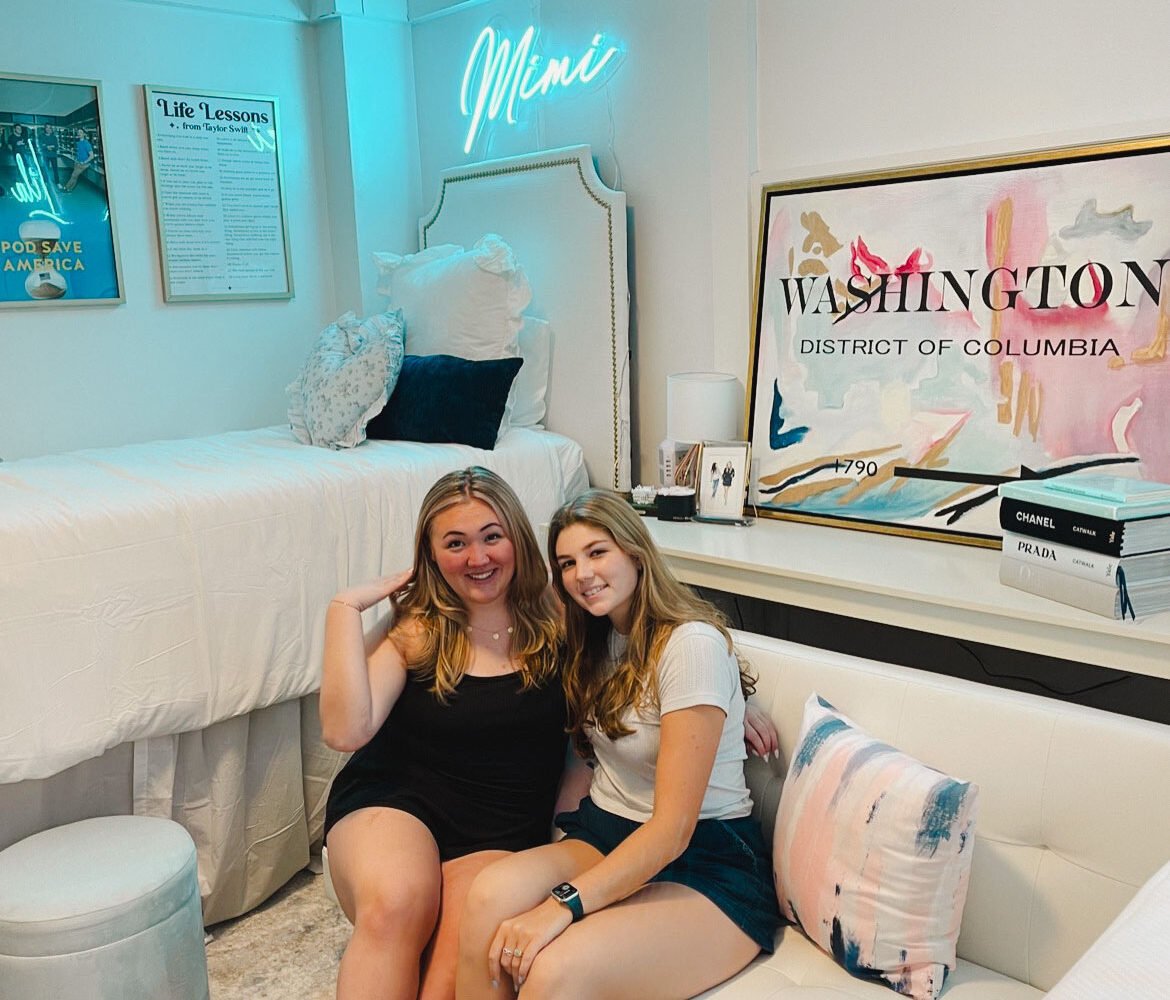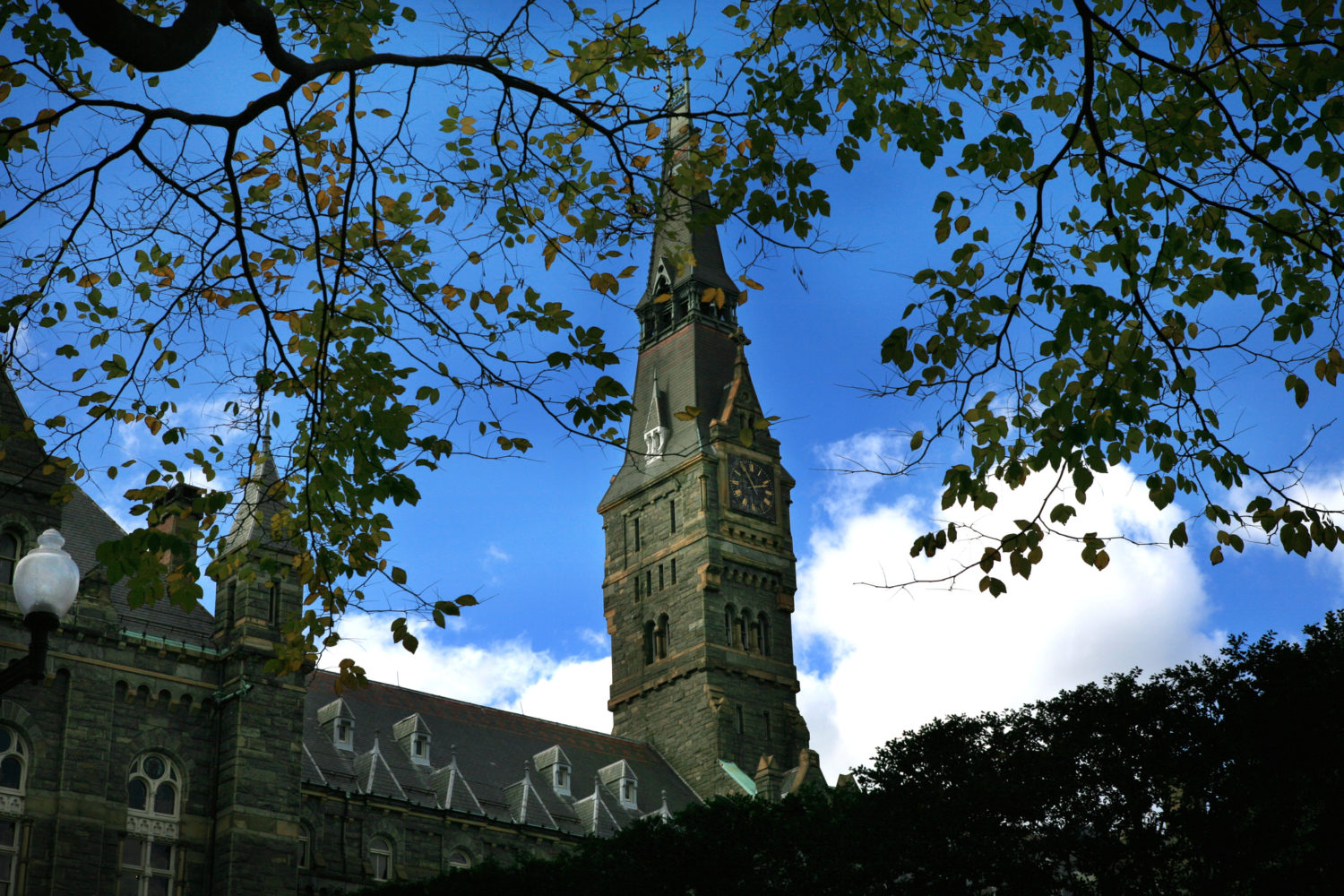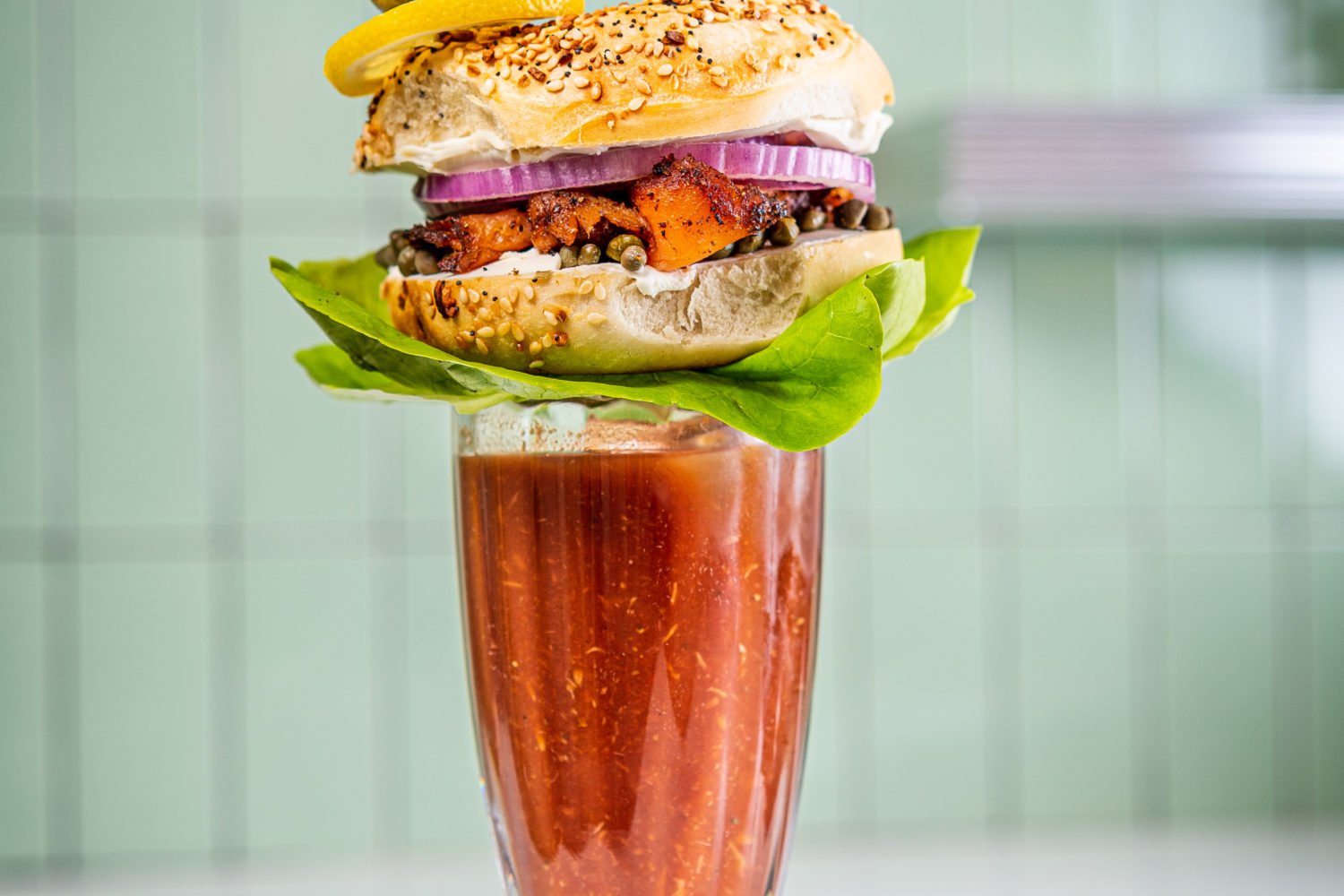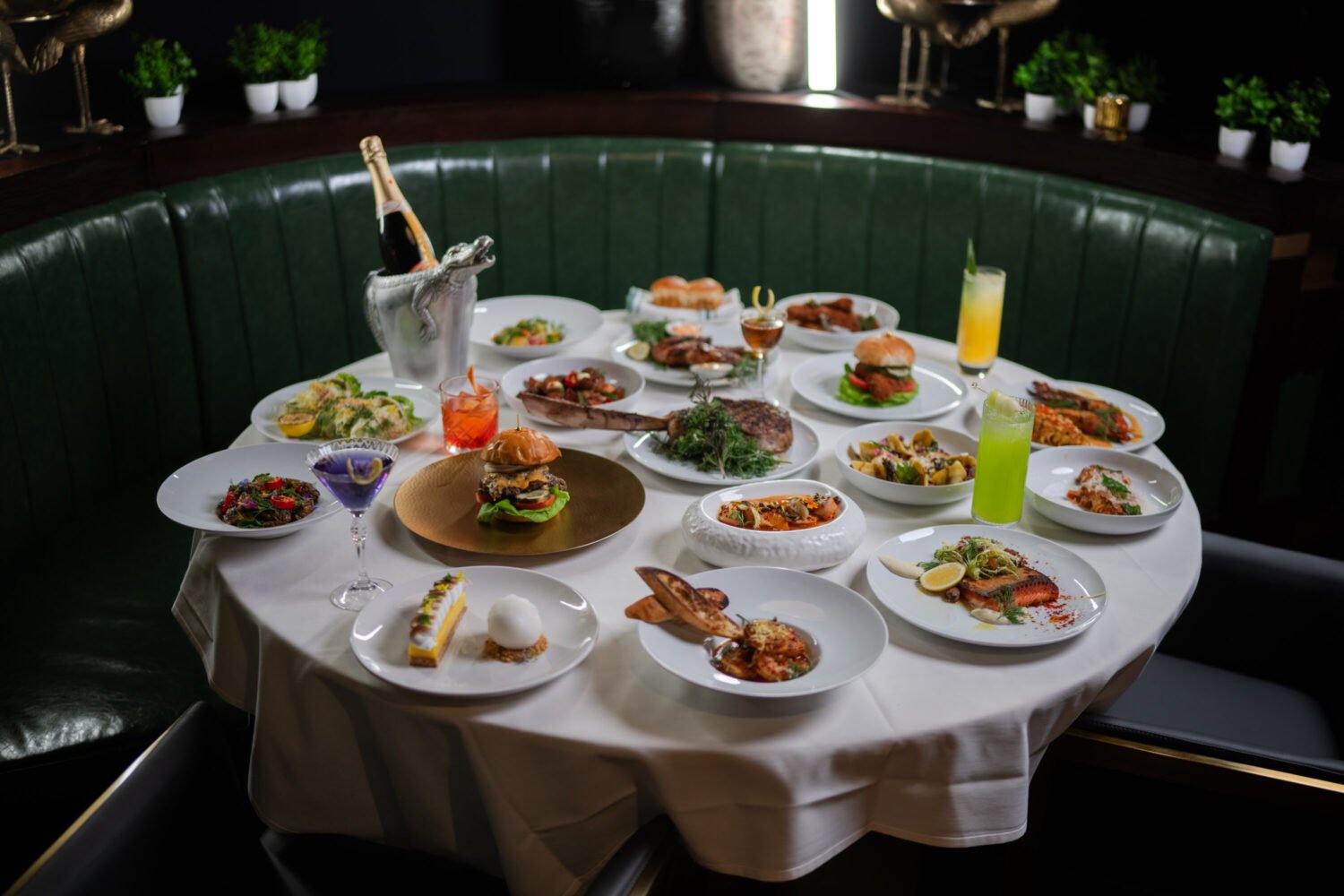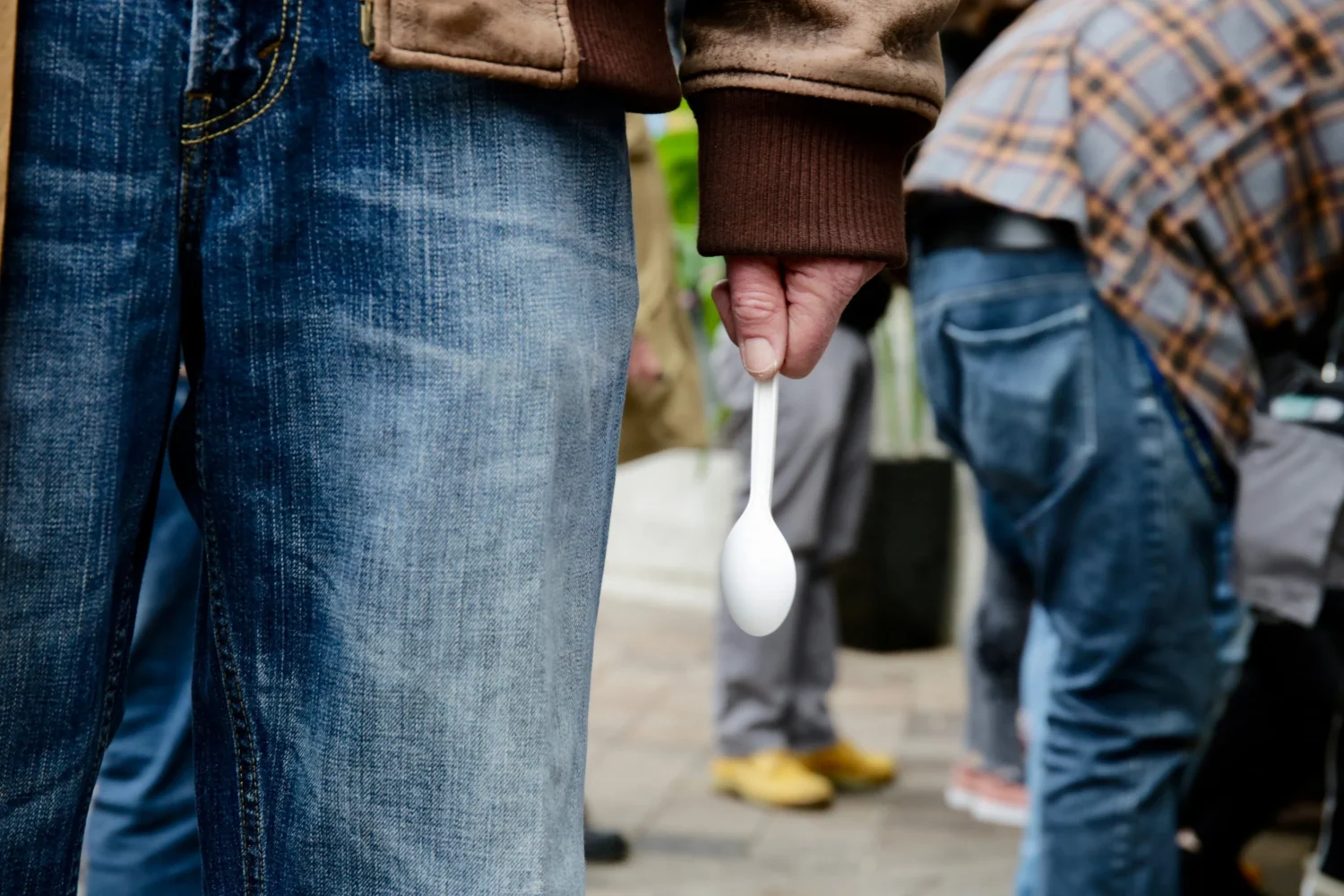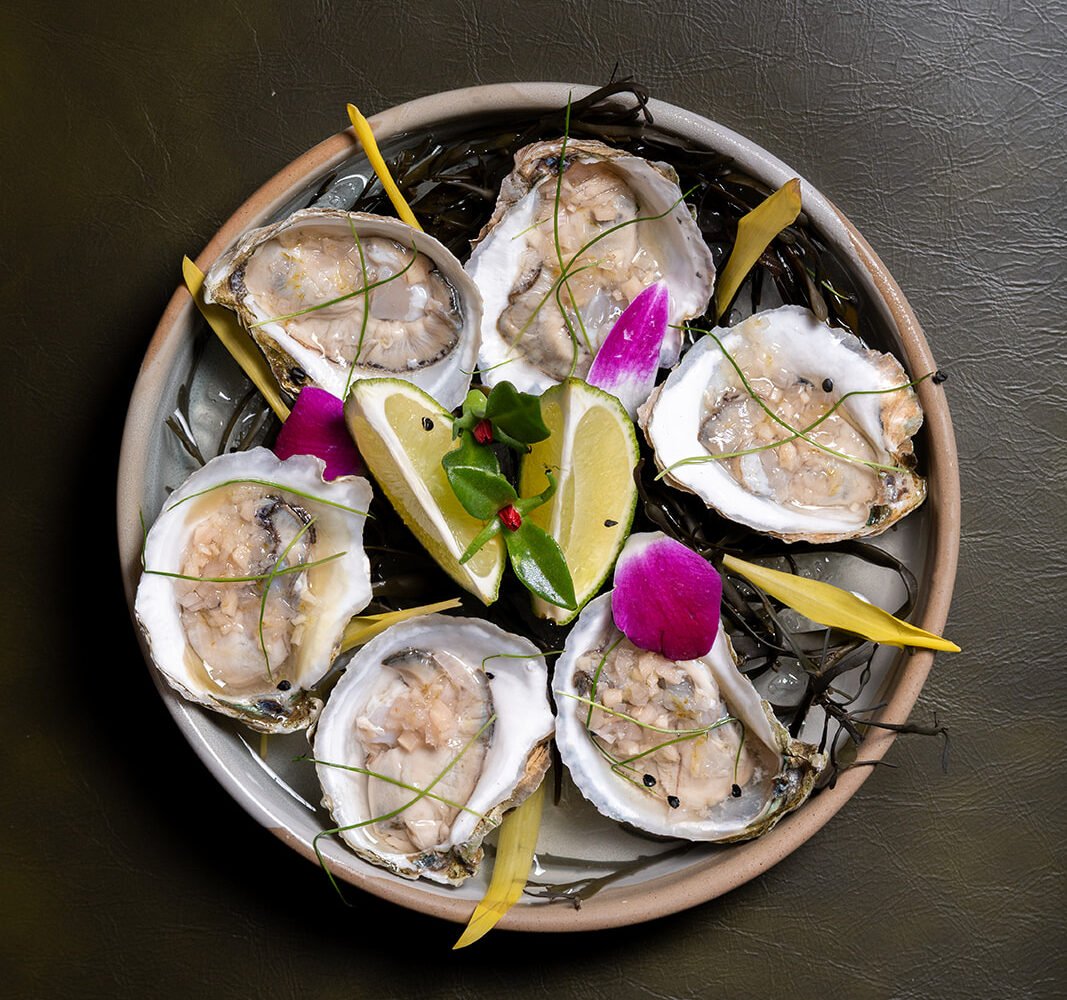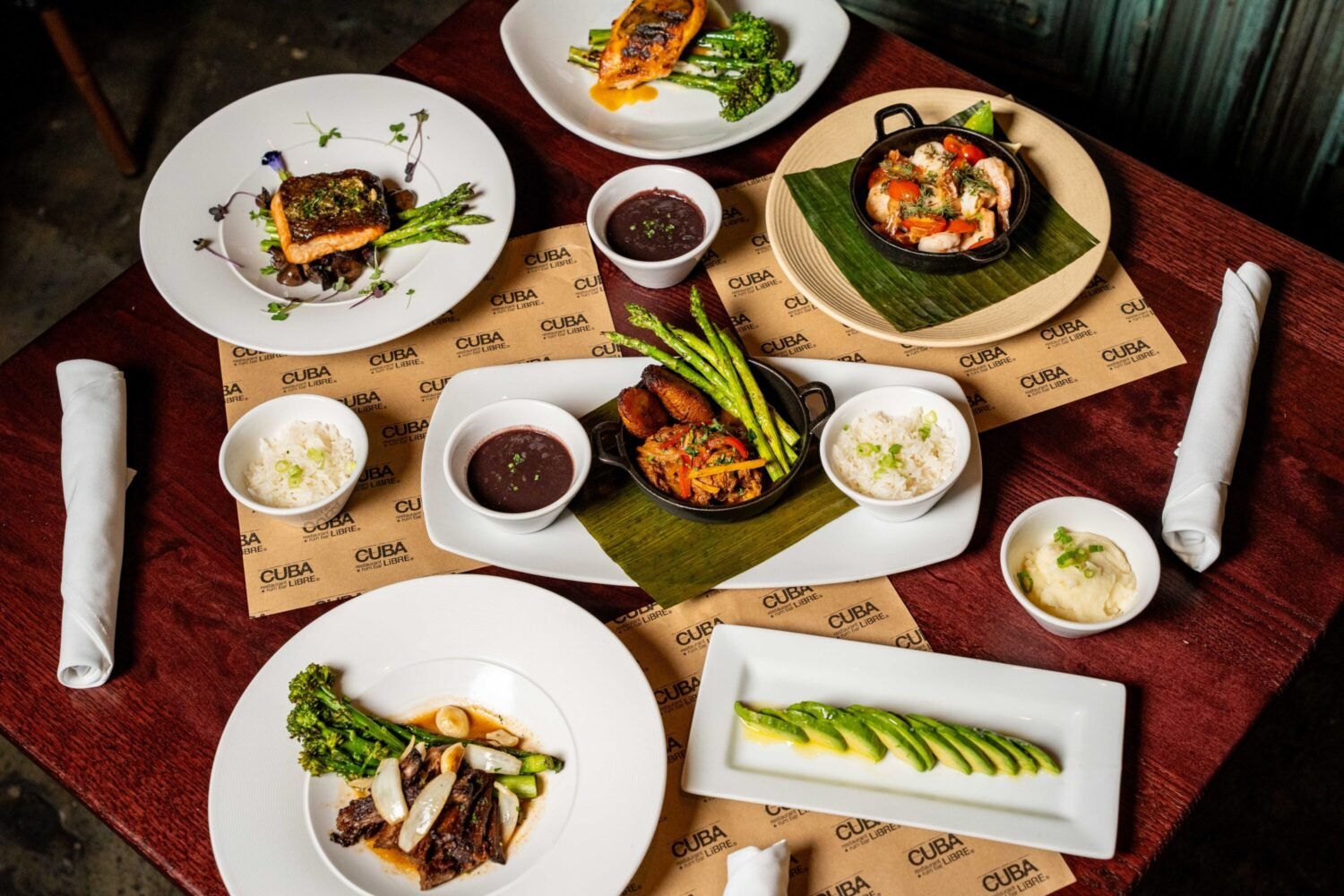For Georgetown University students, there’s nowhere quite as important as the Tombs. The bar hosts trivia and a cappella groups, and on weekends, an improvised dance floor lures throngs of sweaty and thirsty students. It’s a right of passage for students to celebrate their 21st birthdays there, marking their “Tomb’s night” with a stamp on the forehead.
But the Tombs’ standing was threatened in recent weeks as the bar instituted a $5 cover charge on weekend evenings. Georgetown students found this so objectionable they quickly began to organize: a petition garnered hundreds of signatures, a boycott was initiated, and, even the student body president reached out to the Tombs to negotiate.
In response to the outcry, Clyde’s Restaurant Group, which manages the Tombs, reversed course yesterday afternoon, dropping the $5 cover.
“This decision was driven by the increasing costs associated with operating as a nightclub after 10 PM, including the expense of hiring a DJ and the additional security now required,” Clyde’s President John McDonnell told Washingtonian in a written statement. “Unfortunately, offering this experience at no cost is no longer financially sustainable.” McDonnell also said that Clyde’s takes student feedback “seriously” and it will “pause the cover charge” to asses whether the Tombs should shift back to being a “traditional restaurant” on weekend nights, but without the $5 cover.
On September 4, a sign appeared out front of the establishment announcing the change. Catherine Alaimo, a senior and a reporter for the student paper The Hoya, says the news spread like wildfire, immediately inspiring outcry. Someone created an Instagram account, @tombs_cover_boycott, with a mission statement to “stand together in solidarity to oppose the senseless $5 cover.”
“It gained a ton of followers, basically the whole senior class overnight,” Alaimo says.
Meanwhile, a Change.org petition that garnered over 700 signatures complained that “monetizing this sacred space feels like a betrayal.” And student government leaders put out a statement saying their “administration condemns the new cover charge” and that they were “in contact with Tombs trying to resolve this matter.”
Students were pretty much united behind the boycott, Alaimo says. One senior, Meghan McGorty, who crossed the picket line for a friend’s birthday, tells Washingtonian, that when she went “the vibes were SO off.”
Alaimo sympathizes with the Tomb’s reasoning for instituting a cover charge, but agrees it made made the bar feel less special. “Instead of a place where you could run into people you knew [from] all your clubs, your freshman year dorm, a classmate you had, it’s kind of this more exclusive, rarefied circle,” she says. “It kind of leaves a little bit of a bad taste in my mouth, personally.”
Reached after the cover charge had been suspended, Alaimo welcomed the news. “I appreciate that Clyde’s Restaurant Group is heeding the concerns of students and suspending the cover,” she texted. “I hope that going forward, The Tombs can continue to take student input into account as they work out a financially viable situation that still preserves the classic student experience my friends and I cherish.”

